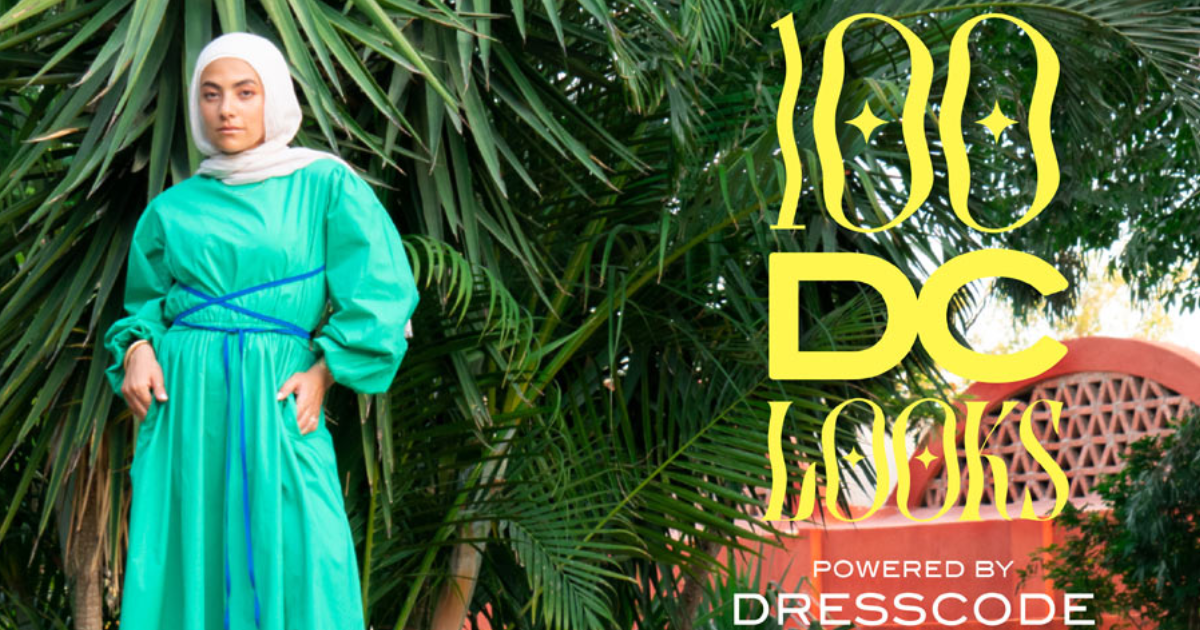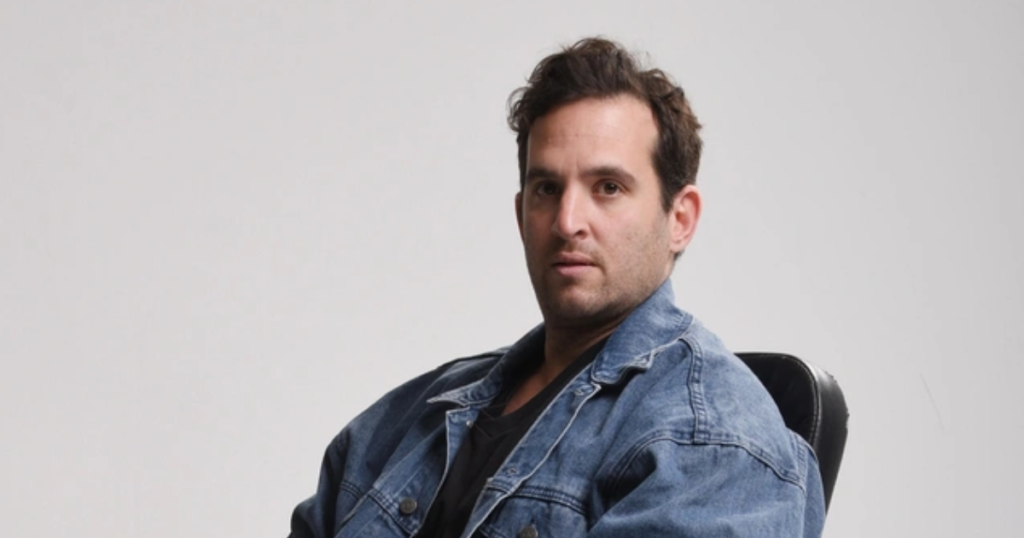Spotlighting Egypt's Direct-To-Consumer E-commerce Fast Fashion Platform, Dresscode

Dresscode is an Egyptian direct-to-consumer fast fashion e-commerce platform that specializes in high-end brands and statement pieces at reasonable prices.
Mohamed Abdel Dayem and Ali Zakaria founded Dresscode in 2018. Dayem comes from a family that has been involved in the textile industry since the 1920s, where he witnessed some of the challenges that garment manufacturers and owners face, such as a lack of data, distribution, and sales, which inspired him to found Dresscode.
Dayem was always drawn to the textile and apparel industry, having grown up in a family of textile and apparel workers, including his great grandfather, grandfather, and father. Abdel Dayem recalls his grandfather working as a merchant in Al-Azhar, a well-known fabric market in Cairo, Egypt.
“I used to go with him and see his dealings with merchants since I was a kid,” he says. “As a result, I have gained a thorough understanding of the fabric industry and developed strong relationships with merchants and fabric manufacturers. Since high school, I’ve been acutely aware of the textile industry’s woes… I worked in every aspect of textiles, from fabric design to production “Dayem explained.
While Dayem worked as a financial analyst in an investment firm for a while, his passion for the textile industry influenced his decision to pursue entrepreneurship and founded Dresscode.
Dresscode Evolves
Although Dresscode began as an online marketplace for formal and evening wear, it has since evolved to cater to the Gen Z market, while still offering products and pieces made in Egypt. According to Dayam, the team’s decision to focus on the Gen Z market was deliberate, as the team aims to find on-trend products and styles at reasonable prices for the niche market. “We realized that many people buy Chinese and Turkish brands, so why not Egyptian?” he asks. “Egypt is well-known for its cotton and textile presence around the world, so why not use technology and data science to create a global brand?”
The startup uses a pre-order model of production and then direct-to-consumer distribution to offer designs and styles directly from its factories to the consumer, where an unreleased item can order for. This move not only allows the brand to produce sustainably and reduce waste, both of which are common in the fashion industry, but it also allows the brand to gauge customer demand. Using analytics and market trends, as well as, perhaps most importantly, communicating with customers, is an important aspect of this model. “We keep the community at the heart of our business, involving customers in decisions like what to produce, how much to produce, and which styles to bring back,” he said. “Our artificial intelligence and data science contribute to this.”
How Dresscode is Different from the Fashion Kingdom and the likes

According to the CEO, their unique selling point exists on multiple levels. For example, it claims to offer 200 new styles every month. The world now revolves around micro-trends, and they strive to keep up with them. The startup employs over 20 designers who work around the clock to ensure that they do not miss a trend and that their customers are up to date and fashionably on-trend.
He also mentioned Dresscode’s prices and quality as a brand differentiator. “We also use a one-of-a-kind customer relationship management model to reduce waste.” No other fast fashion company does what we do to reduce waste and costs while providing the best customer experience. Our customers are our priority, and our data science provides the best solutions for them.
Dresscode’s Journey so Far
Since receiving a six-figure USD in Seed funding from Egypt Ventures in August 2020, the startup has received a $250,000 investment from the same investor in June 2021. According to Dresscode’s daily sales statistics, 35% of its customers are recurring. The startup says it has maintained “10x growth per year” since launch, with 10,000-15,000 web visitors per day and an average of 750-1,000 orders per day.
According to Entrepreneur Middle East, Dresscode recently signed a partnership agreement with Elle Paris to manufacture and sell the Elle brand in the Middle East and Africa, as well as collaborate with SAP for full-stack enterprise resources management to improve their operations. According to Abdeldayem, their most recent achievement was the launch of a full-fledged operation in Saudi Arabia. He explained that the team will be working on further improving their customer experience in the coming months, as well as preparing to launch Dresscode in Kenya later this year.
The total revenue in the Egyptian apparel market will hit $14.85 billion in 2022. According to Statista’s report, the market is expected to grow by 7.44% per year (CAGR 2022-2026), making Dresscode’s ultimate goal of becoming the MENA region’s first unicorn in the fashion industry very attainable.
